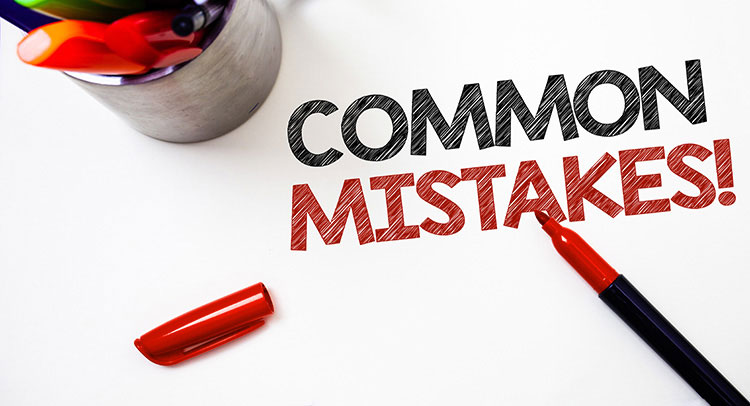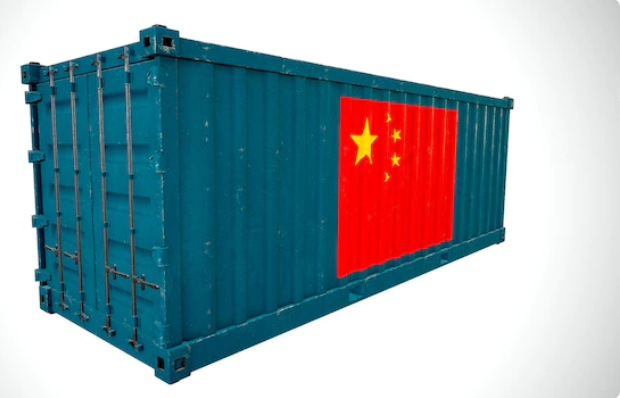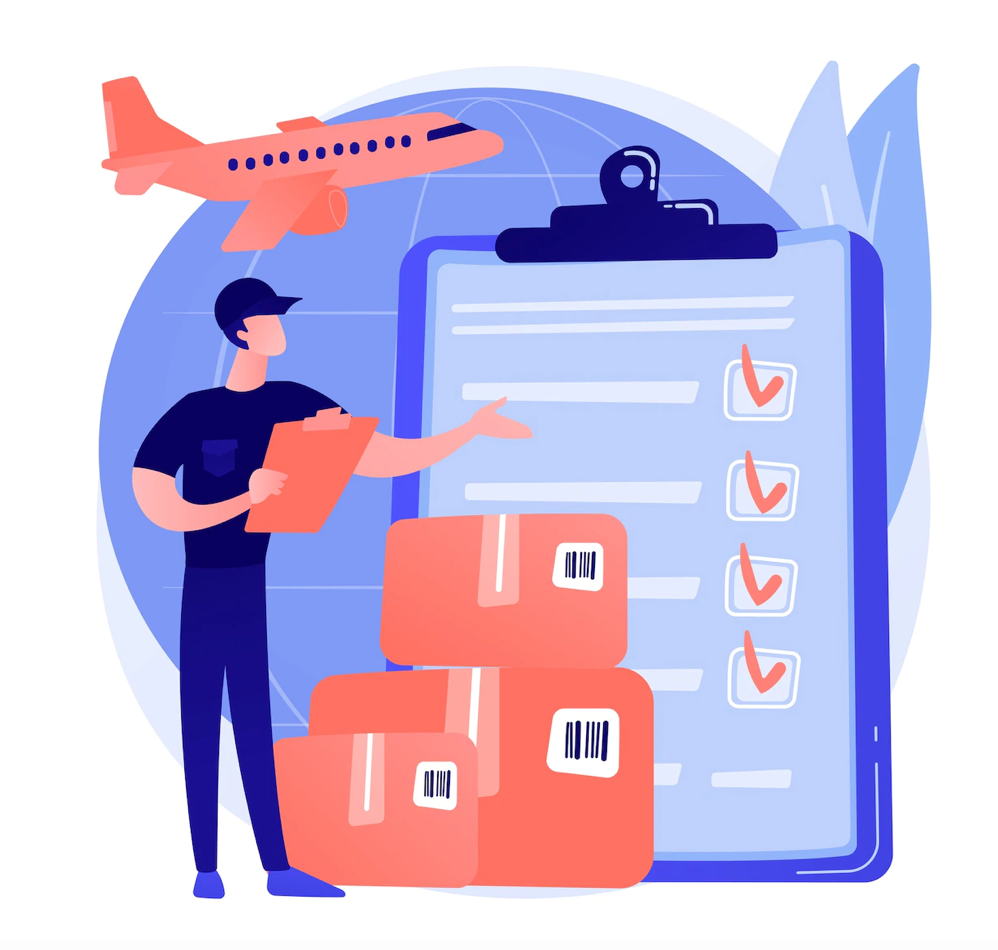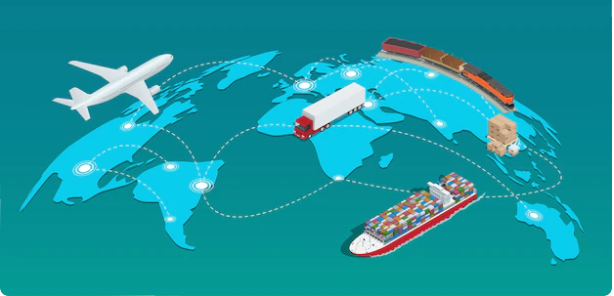Mistakes You Must Avoid When Sourcing from China
Establishing an effective sourcing strategy is a critical consideration for any company that’s looking to import from China. However, since many mistakes can be made along the way, it’s important to appreciate these possibilities in advance so you can safeguard against and ultimately avoid making crucial mistakes.
China is a valuable sourcing destination that’s emerged as a hotspot for businesses across the globe. Importing from China is a great way to fulfill your sourcing needs, where you can benefit from convenience, low cost, and scalability.
To curate a successful relationship with a Chinese supplier, it’s important to understand the nuances of how to be successful in China, where there are many cultural and business differences to consider. By having an awareness of potential mistakes, you can avoid making unfavorable decisions relating to delays, product quality, and miscommunication.
For example, many companies start with a favorable costing arrangement but end up paying more in the long run due to costly mistakes.
However, all is not lost, since with the right guidance you can secure a mutually beneficial business relationship that maximizes the value of your sourcing strategy.
But what are some of the most common mistakes when sourcing from China?
Poor Sourcing Strategy Planning
A well-planned, defined sourcing strategy will help you avoid potential complications, especially when you set out a road map with clearly defined goals.
It’s essential to have clarity on price, product quality, and functionality, which should ultimately comprise the core values of your strategy. There are various sources for identifying the right supplier, including the internet, social media, and trade shows. It’s important to verify companies before proceeding, to ensure you’ll receive the timely delivery of orders from a reputable supplier.
Taking out insurance is a great way to protect yourself when establishing the right sourcing method for you. You can choose between paying on a commission basis or through direct purchase, all the while ensuring quality management across the board.
Not Ordering Product Samples
Product samples are a useful way to determine whether your supplier is capable of meeting your specifications. Acting in good faith is ill-advised since by simply communicating your needs and hoping your supplier meets them you’ll be leaving too much to chance.
Before finalizing any agreement with a supplier, you should inspect product samples to ensure you’re getting the precision and quality you signed up for. From observing samples, you can highlight areas of improvement if you require revisions, which you can make clear from the beginning.
However, it’s important to note that some suppliers will offer a ‘golden sample’ to win over your business, which is why working with a China sourcing agent is beneficial for continued inspections and quality control.
Failing to Draft the Right Manufacturing Agreement
It’s important to specify the critical details of your business relationship so you can safeguard against future issues. The best way to protect yourself is by signing a written agreement that includes details relating to:
- Quality management
- Payment terms
- Dispute resolution
- Choice of law
- Desired product quality
- Timely delivery
- Attorney fees
- An Arbitration clause
- Liability for contract breaches
Because cross-border negotiations require special care, it’s important to draft up a fresh contract based on the situation at hand. Always get an attorney to review your written contract, explaining the current implications and nuances in Chinese law.
An airtight sourcing contract will prevent you from being exploited by loopholes, protecting you from future disputes and complications.
Failing to Audit the Supplier
Failing to perform an audit of a supplier is a sure-fire recipe for disaster since ultimately the proof is in the pudding. You should always evaluate the conditions of a factory, whether you elect to use a third-party auditor or personally make the visit yourself.
It’s easy to fall victim to words not matching actions, which is why it’s so important to execute a closer evaluation of the circumstances in question. A personal visit is a great way to develop a personal connection with your supplier en route to building a long-term business relationship.
You should always observe things like working conditions, factory settings, and quality control practices so you can make a well-informed decision on which supplier best suits your circumstances. You should also further investigate things like production capacity and technology capabilities since these will be integral to your success.
An audit will give you a better idea of whether the supplier in question will be capable of meeting your standards.
Failing to Perform Due Diligence
A great way to begin your due diligence is by checking online reviews from previous customers. If you observe problems from testimonials this is likely a cause for concern, though the odd negative review here and there can be commonplace.
You should also visit a company’s website and follow up with a phone call to get a taste of how they operate. If your supplier isn’t listed on a verified B2B platform, you should verify certification and registration by asking to see their Chinese business license. This will offer information including:
- Company name
- Company address
- Legal representative
- Official company information
- Registered capital
You should also verify that a supplier is locally registered with the Administration for Industry and Commerce (AIC).
Poor Cost Forecasting
When visualizing the profit you expect to make from your Chinese sourcing venture, it’s important to not get ahead of yourself. There will be many hidden costs to consider, which if you fail to factor into the cost of paying a supplier can negatively impact your projections.
When forecasting your costs in anticipation of the profit you’re likely to receive, you should evaluate the total landed cost rather than simply looking at the unit cost quoted. By doing so, you’ll get a much better understanding of how much you’ll be set to pay your Chinese supplier.
Poor Communication of Needs
The language barrier can be a difficult obstacle to overcome, especially when it comes to communicating your bespoke needs with a supplier. There are also cultural and business differences to consider, which can impede your normal course of action when you lack awareness.
China embraces a culture of ‘not losing face’, so it’s common for Chinese suppliers to avoid clarifying areas of confusion that can ultimately cost your business.
That’s why it’s so important to secure effective, clear, and concise communication where all invested parties understand your requirements. This is where working with a top sourcing company in China can be so effective, since their Chinese presence, knowledge, and understanding can be leveraged to great effect.
Evaluate your specifications clearly with your supplier, encouraging them to seek clarification if and when required. This is where having a Chinese-speaking representative on your team can pay dividends regarding effective communication.
Lack of Protection
It’s critical to implement steps for protecting yourself in the event of complications, so you’re ready to overcome obstacles if disputes arise. A written contract can be useful, but you should also choose a safe payment method to ensure you’re protected if you ever need to claim money back.
Among the best options for your sourcing strategy are a bank line of credit and an escrow service, which both safeguard you in the face of disputes. You must also clearly define in your contract the quality you desire before placing orders with a supplier for a probation period.
You can also protect yourself with insurance and have an alternative plan of action in case anything goes awry with your current supplier.
Now that we’ve shone a light on the areas that need special attention when securing a sourcing arrangement, you should be one step closer to avoiding common industry mistakes. For further guidance and support, you should consider working with an elite sourcing agent like HUACI Sourcing.
HUACI Sourcing can scale your business to new heights, guaranteeing faster lead times, better pricing, improved product quality, and more. Collaborate with a sourcing agent and take advantage of knowledge, resources, and expertise that will ultimately improve your bottom line.






